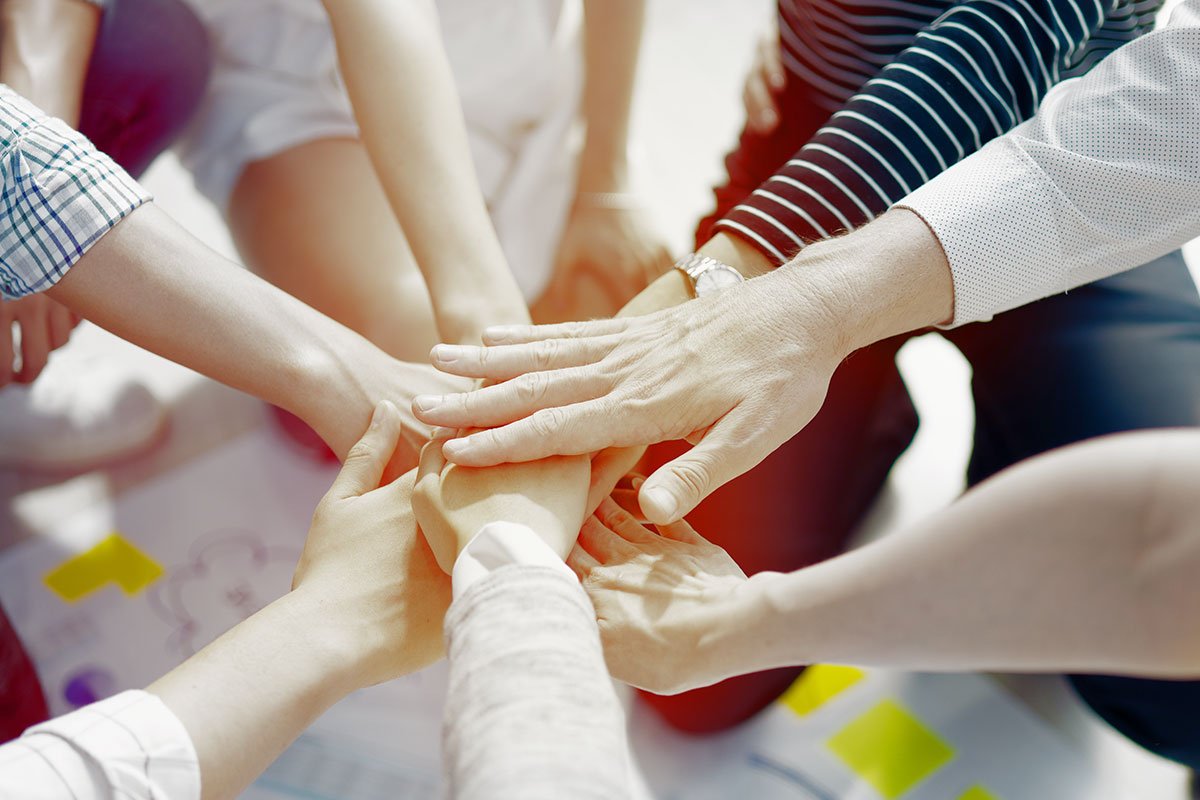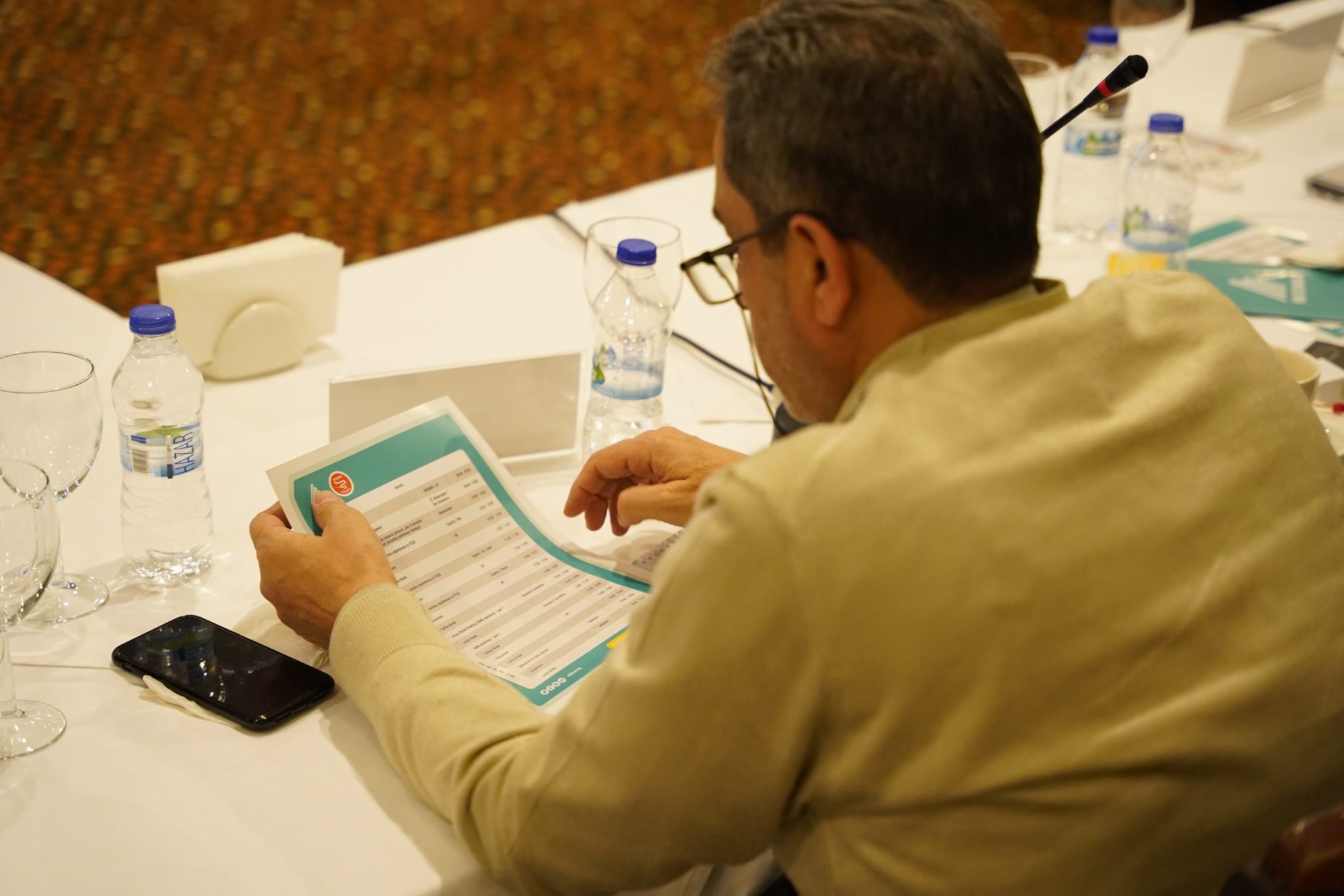Building organizations’ capacity is a major factor in the social development process.
As long as there was an established relationship between individuals obtaining services, and governments issuing regulations to execute in the society. Thus, An urgent need emerged to have such a middle ring to link two parties, cover any shortage in services provided, deliver the recommendation of individuals to making-decision parties, and call attention to society’s causes.
In consequence, civil society institutions have been established to represent the society’s economic, political, and social issues. Nowadays, we recognize these institutions as non-governmental and nonprofit bodies that seek to fulfill the needs of society and advocate related issues, with a solid commitment to moral, cultural, and humanitarian standards.
Civil society institutions in Syria.
Before the events of 2011 took place in Syria, civil society institutions were represented in specialized communities, parties, and bodies such as “The Syrian Social Forum” and “National Assembly for Women’s development”.
In fact, these existing communities have established the basis of “social activity”, tried to hold a dialogue between individuals and ruling authority reaching to defy it several times, and also called for civil, cultural, and political rights. However, these communities were still restricted by many constraints, due to acting in such a non-democratic and non-free framework.
After the armed conflict began in Syria in the year 2011, social institutions become more active, and played a significant role in solidarity and expressing the needs of society, to empower, defend, and advocate the society.
Moreover, as fighting intensified, many workers within civil society institutions were forced to leave the country, especially for the nearest destinations like Turkey and Lebanon.
In contrast, the political crisis affected in a positive role in raising the voice of these institutions which have independent statutes. Also, resulted in increased censorship role, and received more funding from all bodies concerned with the Syrian people all over the world.
Civil society roles in Syria.
In fact, civil society institutions can play an effective role in advocating issues related to the Syrian people, regardless of the place where these institutions reside.
Major roles for civil society institutions:
Advocacy: One of the top priorities for these social institutions is to advocate and mobilize for issues related to the Syrian people. Which was a role that had a large reaction, reaching to establish a pressure tool to fulfill the needs of Syrians wherever they reside.
Social welfare: As political parties whether proponents or opposite to the regime were involved in armed battles on the ground, there was an urgent need for bodies related to welfare for different groups of Syrians, to fulfill their needs. This increased the roles to be done by these social institutions.
Censorship and documentation: Rights observatories played a significant role in the documentation of violations against certain groups of the Syrian people, and raised a loud voice by presenting witnesses and real numbers, which reveals the atrocity of occurrences over years.
Contribution in development: Many social institutions take it upon their selves to develop the skills and abilities of Syrians who become suffering more due to poverty, asylum, and displacement. This is considered a strategic role in the social development process.
MIDMAR and the empowerment of the civil society.
We believe in “Midmar” that fulfilling the ultimate objective of societies’ development, must passes through these societies’ members whether individuals or groups. Thus, we’re focusing on the empowerment of civil society through evaluating challenges and problems, suggesting suitable solutions, and studying carefully all opportunities and potential funding aspects for improving the institutions toward a developed society.
In the conditions of applying absolute authority in Syria, under the absence of civil society’s effective role before the 2011 occurrences, weakness of governmental role, lack of political and parliamentary participation, and the supreme control of security agencies over the country, our mission seems to be very difficult but still necessary.
We support the empowerment of civil society through our programs which are prepared for this purpose by building their capacity, embracing newbies of them, and assisting institutions to find common spaces for cooperation through communication and mobilization.
Forms of Midmar’s projects for the empowerment of civil society.
One major project of ours was “Building local institutions and organizations’ capacity” which was implemented in 2021. This project studied deeply the needs of social institutions that were incapable of meeting the needs of society, suffering from weak coordination, and nevertheless willing to support peace and change processes.
We had worked through intensive training and specialized consultations for engaged institutions, which serve the Syrian society regardless of where they are located. This process of improving institutions included training, orientation, training during work, and workshops for sharing knowledge and experiences, in addition to a high-quality appraisal of organizational capacities using tools and standards related to organizations in general.
Among the important results fulfilled by the project were raising awareness in civil society institutions about the importance of their developmental role, and developing a road map for improvement which has effects that last after the project’s timeline.
Thus, we built our acts in “Midmar” toward the improvement of institutions’ capacities to achieve sustainability, ensuring they have a constant effect, and improving cooperation between all Syrian non-government bodies.
In conclusion, our activities in that way, make us feel nearest to our societies, and more close to fulfilling our mission as an organization in empowering society in partnership with all segments of social institutions, non-government bodies, and young entrepreneurs.


